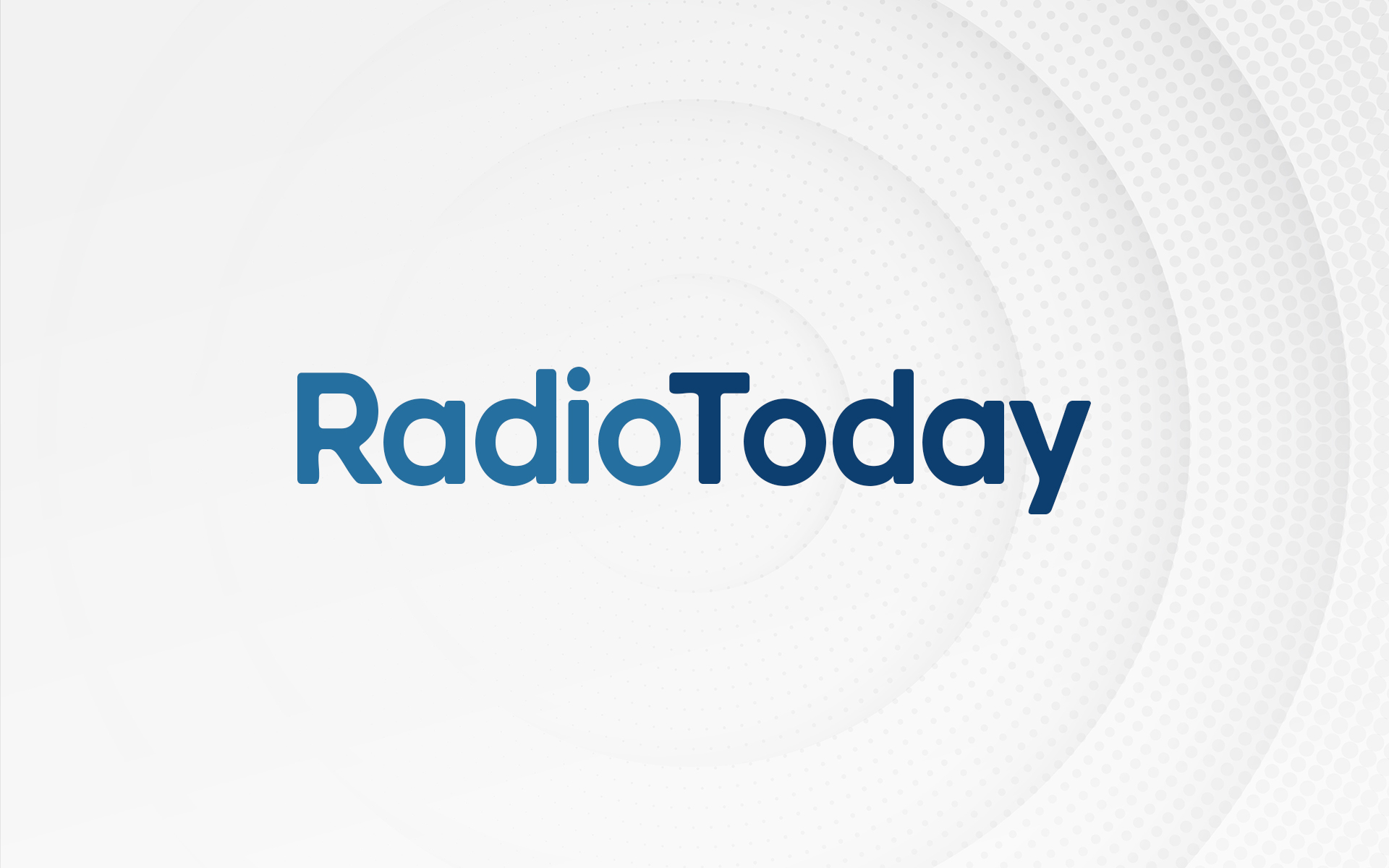
#RAJAR: Figures down for Quarter 4 2011
Radio listening is down for the second quarter in a row, as 46.7 million adults tune in to UK radio during Quarter 4 compared with 47.6 million in Quarter 2.
Most commercial groups have seen a decline in listeners during what is historically the worse quarter for audience figures.
 But despite the trend, listening to radio via a digital platform in terms of weekly reach† has increased by 10% year on year, with 23.1 million people now tuning in to radio via a digitally enabled receiver (DAB, DTV, internet) each week (up from 20.9 million in Q4, 2010 and 22.8 million in Q3 2011).
But despite the trend, listening to radio via a digital platform in terms of weekly reach† has increased by 10% year on year, with 23.1 million people now tuning in to radio via a digitally enabled receiver (DAB, DTV, internet) each week (up from 20.9 million in Q4, 2010 and 22.8 million in Q3 2011).
Ford Ennals, Chief Executive of Digital Radio UK, said: “This is a milestone moment for digital radio and demonstrates that the direction of travel for radio in the UK is digital. Almost 50% of all listeners now listen to digital radio every week and 40% of people live in a home with a DAB digital radio. In addition to strong digital radio sales at Christmas we have seen unprecedented growth in DAB listening, which is up by 21% year on year. Every week 23 million people listen to their favourite stations on digital and with the recent launch of Smooth 70s, Absolute Radio 60s, Absolute Radio 70s, and the upcoming BBC Radio 5 Live Olympics Extra, there is much to look forward to.”
Figures were released to stations on Wednesday morning, with results just going public at midnight. This quarter, there are name changes for Rock Radio (to Real XS), BBC Tees (to BBC Radio Tees), Five FM (to Q100.5), Six FM (to Q106) and Seven FM (to Q107) in Ulster.
Click here to join in the live blog, and stand by for our easy to use graphs – uploading soon to the same address.
Posted on Thursday, February 2nd, 2012 at 12:00 am by RadioToday Staff

